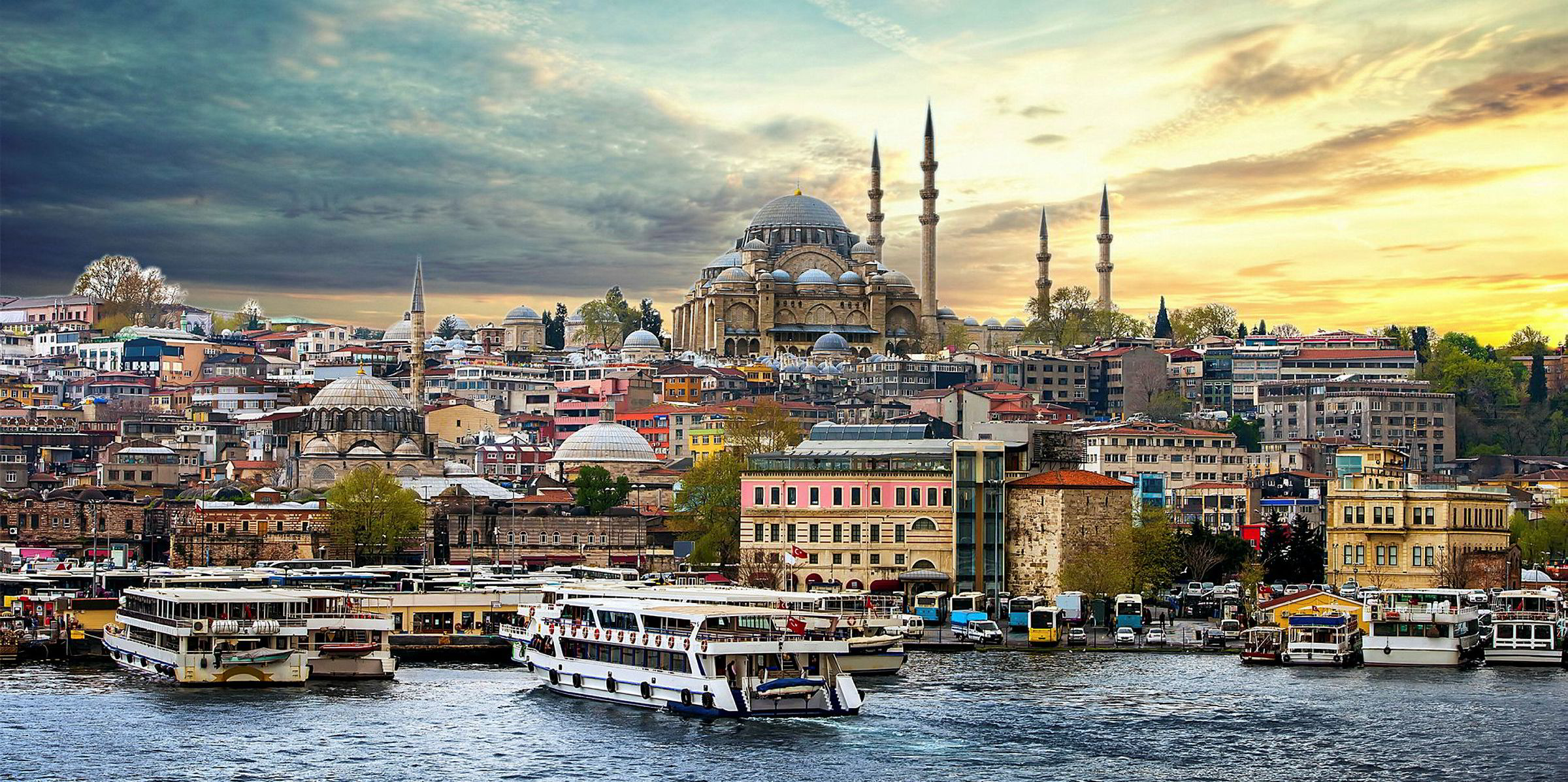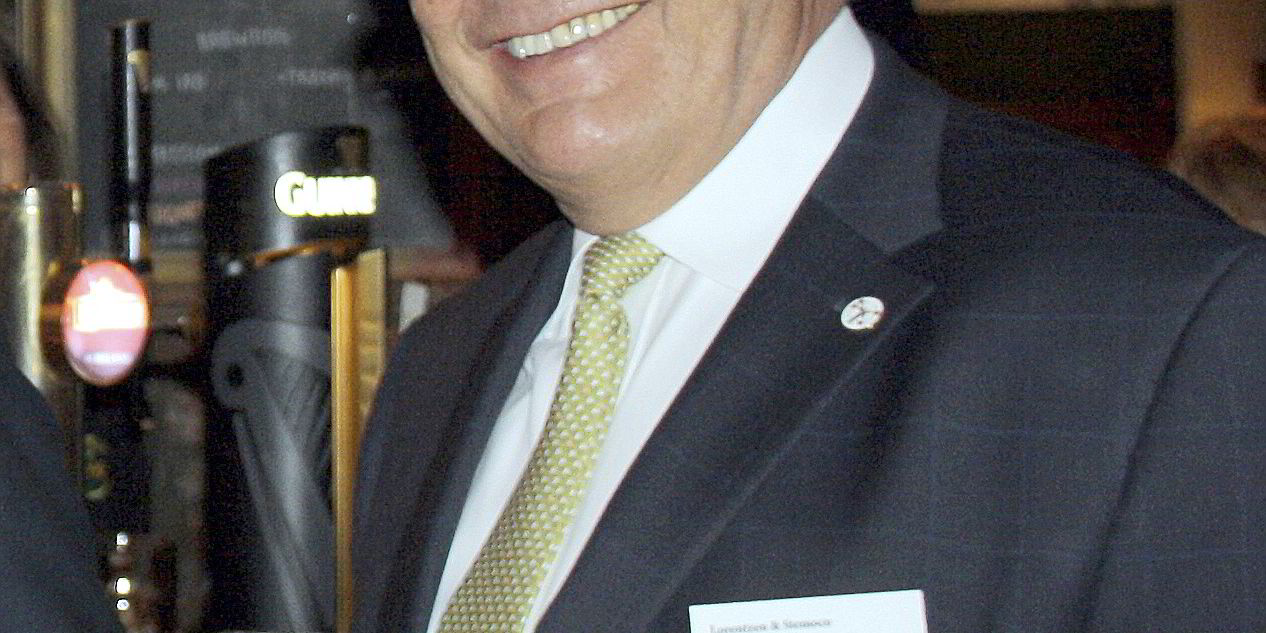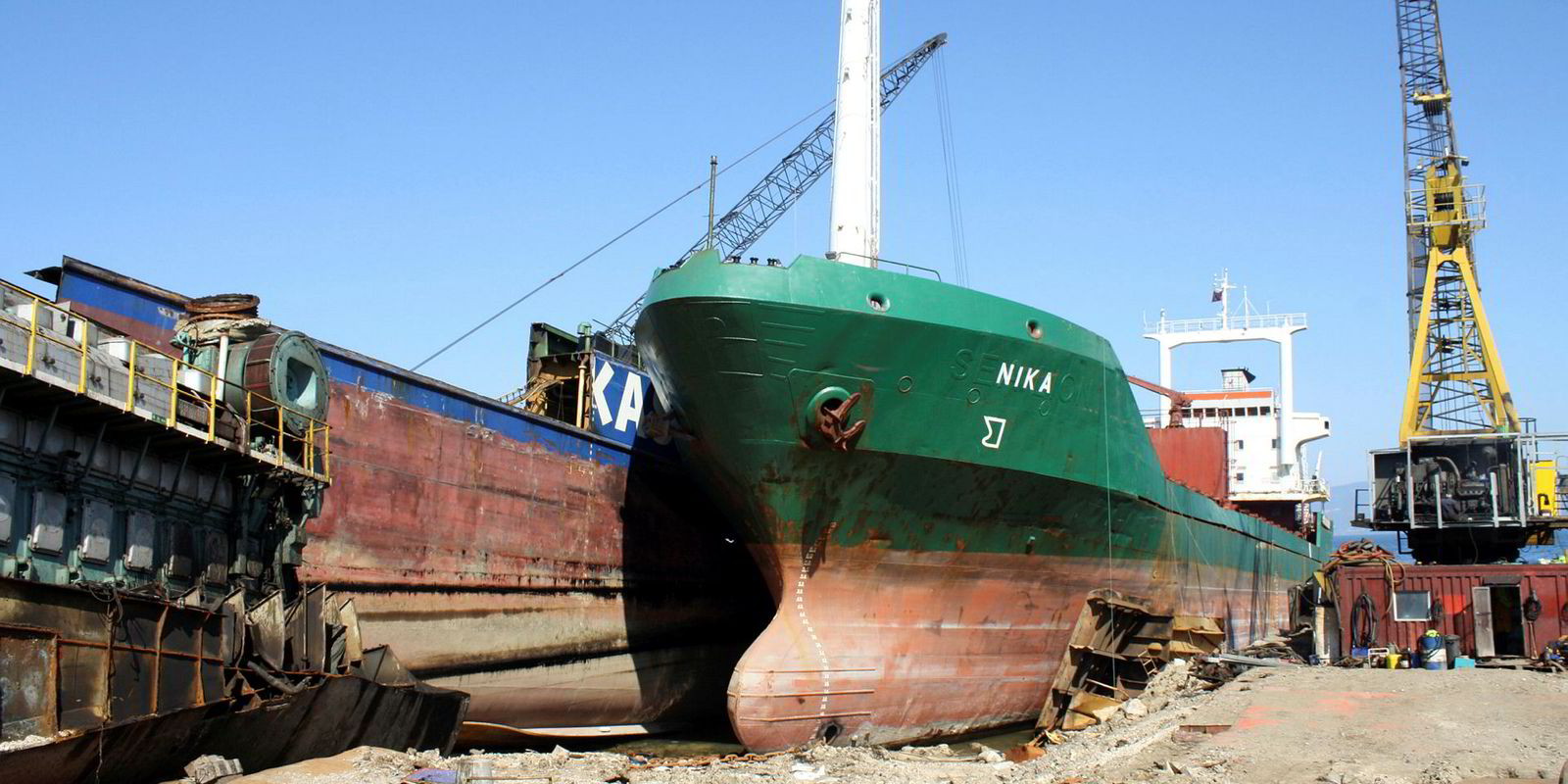Turkish owner Transal Denizcilik is selling five of its six chemical tankers as its parent Altinbas Holding looks towards an exit from the shipping business.
Transal has circulated the quintet in the market and is considered a serious seller given Turkish conglomerate Altinbas does not view shipping as a core business.
Brokers have been appointed to find a buyer for the 26,215-dwt Diamond-T (built 2011), the 21,377-dwt Ruby-T (built 2010), the 13,966-dwt Topaz-T (built 2009), the 13,947-dwt Turquoise-T (built 2008) and the 11,299-dwt Sapphire-T (built 2008).
The IMO II vessels, which are capable of carrying both chemical and petroleum products, have been made avilable enbloc or individually, TradeWinds understands.
While Turkish shipping has seen a series of distressed sales in the wake of the financial crisis, sources stress Transal is not looking to execute a fire sale of the tankers. "This is not a forced sale," one source told TradeWinds.
A disposal of the ships would leave Transal with only one tanker, the 4,635-dwt Pearl-T (built 2003), which is said to be employed by another company within the Altinbas system.
Executives at Transal did not respond to requests for comment at the time of writing this week.
The company moved into shipping in 2005 to meet the transport requirements of Alpet, another Altinbas venture. The group is active in finance, energy, jewelry and logistics.
Since its shipping debut, Transal has grown its fleet with domestically built tonnage.
While asset prices in the small tanker sector have been soft amid weak vessel earnings this year, activity in the secondhand market has not been lacking.
According to VesselsValue, a total of 13 units have changed hands since September, with most of the buyers based in Asia.
The buying interests have emerged as chemical shipping markets could recover from next year amid improving supply-demand fundamentals.
With a small orderbook size, net fleet growth is forecast to fall from 4.7% this year to 2.4% in 2019 and 0.7% in 2020, according to Clarksons Platou.
Global seaborne chemical trade volume is expected to expand to 335.64 million tonnes in 2019 from 318.93 tonnes this year, according to Clarksons data, with strong infrastructure spending, urbanisation and a growing population.
Also, production growths in the US and Middle East could drive more longhaul shipments, with Asia still the main consuming centre.
“2019 and 2020 still look set to be key years for the chemical tanker market. Fundamentals are pointing to a potential increase in benchmark rates,” Clarksons Platou said in a biannual report.





